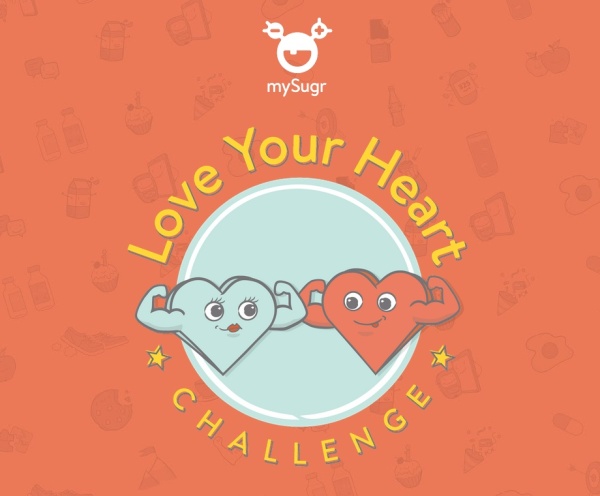
Part 4
Stress Management
How are you doing with the last challenge? Have you been able to increase your activity levels? Way to go! Remember, you can check in with your coach anytime along the way.
This message is all about managing your stress levels. We'll learn why it's important, what you can do about it, and more about your next challenge assignment.
Stress management
While a healthy level of stress is good for you, excess mental or physical stress often impact behaviors and habits that can contribute to heart disease, such as:
- Higher blood pressure
- Less physical activity
- Overeating or cravings for food with little nutritional value
- Smoking
- Increased alcohol intake
- Decreased sleep or altered sleep habits
These behaviors can also negatively impact your ability to manage blood sugars, so it's doubly important to stay on top of your stress levels.
How do YOU respond?
It's unrealistic to completely eliminate stress, but there's a lot you can do to manage it.
Knowing how you respond to stress can help you identify the best ways to work on it. When you are stressed, do you:
- Eat to calm down?
- Sleep more or less?
- Wake up frequently in the night?
- Drink excess alcohol or smoke?
- Work more or avoid it completely?
- Talk negatively to yourself?
Once you know how you respond, you can replace those unhealthy behavoirs with sustainable, heart-healthy ways to manage stress. And experimenting with different stress-management methods can help you build a variety of tools to use when stress becomes overwhelming.
Healthy ways to manage stress
- Breathwork: 4x4 breathing is a simple technique. Breathe in for a count of 4, hold for a count of 4, breathe out for a count of 4, then hold for a count of 4. Repeat this for as many rounds as needed.
- Yoga, Tai Chi, Qigong: The combination of movement and breathing can help relax the mind and provide a focus that removes you from other scattering thoughts.
- Read
- Mindfulness meditations: Guided meditation, apps like Headspace or Calm, or silent meditation can help you harness the power of your mind. These forms of meditation can be helpful for people with anxiety and depression.
- Exercise
- Be in nature
- Journal your thoughts and feelings
- Chat with a friend or family member
- Play with your pet
- Tap into your artistic side: paint, draw, write, etc.
- Make a cup of herbal tea
Challenge
Log at least one stress-reducing activity other than exercise before the week is over by taking a picture or logging it in the "Notes" section.
Reach out to your coach anytime if you have questions or need some help completing this challenge, they're always there for you! Then keep an eye out for the wrap-up message in a few days.
Questions and support?
Send a message to your coach in the mySugr app.